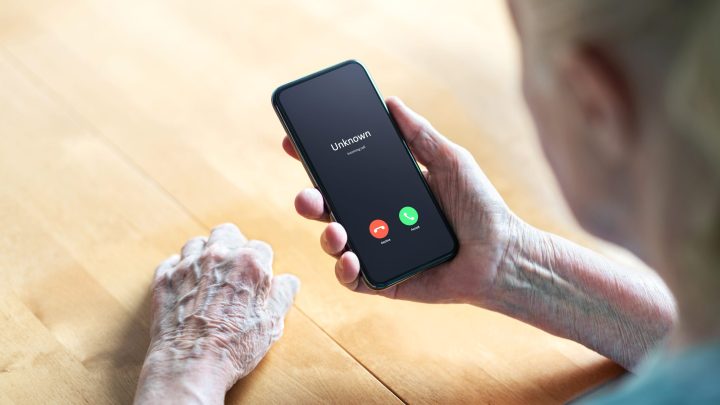
Open enrollment season is a heyday for scammers

We are in the midst of open enrollment period for many private health insurance plans, but also for Medicare. Health care decisions can be complicated for all of us and scammers advantage of that confusion to take advantage of seniors.
Just like many of us, scammers tend to follow the news, and open enrollment season is in the news and in ads.
“And the criminals know that and they know that we’re hearing about it,” said Kathy Stokes, director of Fraud Prevention Programs with AARP, “and they take advantage and will try to get us to purchase a plan that doesn’t exist or share our Medicare numbers so that they can sell it on the dark web to the highest bidder.”
The Federal Trade Commission is warning consumers to be wary of open enrollment scams that promise better Medicare or Medicare Advantage benefits or cheaper prescription drugs.
Some estimates put Medicare fraud, including elder abuse, in the neighborhood of $60 billion a year, but there are ways to spot the scammers, said Darren Hotton of the National Council on Aging.
No. 1: If they’re calling you out of the blue, “Medicare doesn’t call them, social security doesn’t call them, and most of the time — unless you have a business relationship — an insurance company won’t call them,” he said.
There are places to go for reliable info, like Medicare.gov or your local State Health Insurance Assistance Program. Plus, there are strategies families and friends can use to protect against scams in general — especially in the era of more advanced AI that can even mimic a loved one’s voice.
“So one of the things that we’ve come up with is using safe words,” said Hotton. “So, ‘OK, before I do this, what is our safe word that AI has no idea what to say there?'”
And those kinds of conversations are a big part of the fight against scammers.
“Go home and call your mom or, you know, talk to your friends, talk to your family,” said AARP’s Kathy Stokes. “The more we talk about it, the more we essentially inoculate others, because data show that if you know a specific scam, you’re 80% less likely to engage with it.”
So, be skeptical of random phone calls, suspicious of any emails asking for your personal or health data, and have conversations with family about the risks during open enrollment.
There’s a lot happening in the world. Through it all, Marketplace is here for you.
You rely on Marketplace to break down the world’s events and tell you how it affects you in a fact-based, approachable way. We rely on your financial support to keep making that possible.
Your donation today powers the independent journalism that you rely on. For just $5/month, you can help sustain Marketplace so we can keep reporting on the things that matter to you.











